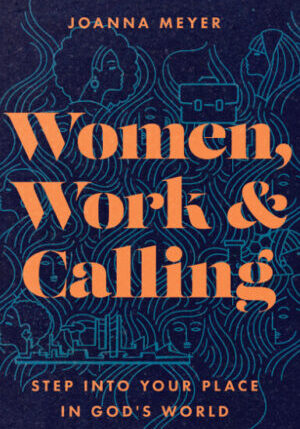
Relational. Nurturing. Caring. Studies show that people most often associate these qualities with adult women — and less often with adult men. Research also shows that people with these traits make great managers. What’s confusing is that women in leadership are consistently rated as less successful managers. This disconnect between perceived and actual leadership effectiveness is referred to as the “double bind,” a subtle but powerful dynamic that suggests women can be regarded as competent or likable, but not both. “It’s an uphill struggle, to be judged both a good woman and a good leader,” says Rosabeth Moss Kanter, a Harvard Business School professor who is an expert on women in leadership.
Research suggests that men (whose leadership style is often described as “assertive” or “decisive”) get a benefit from acting outside their gender stereotype, while women do not. When women display assertive or task-oriented traits — what could be described as taking charge — people tend to think, I don’t really like her. But when women act more relationally and nurturing — actions that show a woman taking care — people tend to think, I like her, but I don’t think she will be a strong leader. In contrast, when a man acts nurturing, outside expected gender norms, he’s viewed positively by society.
Professor Deborah Streeter of Cornell University’s SC Johnson College of Business explains it this way:
The double bind means that women operate in a set of narrow boundaries. If they are too assertive, they are seen as aggressive and unlikable, but if they have care-taking qualities, that’s affiliated with weakness. So women can’t exercise the masculine behaviors of leadership as openly as men can. I sometimes call it the Niceness Penalty. Nice is not associated with power, it’s associated with connectedness, which you need to be a strong leader. But you also need power. And that’s where women are stuck with this penalty for if you’re too nice, you’re not powerful. If you’re not nice, people don’t like you.
If you find yourself caught in a double-bind situation, what can you do?
- Reflect on the example set by Christ. His life reflects moments of great tenderness (welcoming children, grieving with friends who lost a loved one), directive action (healing a demon possessed man, calming the sea), and moral outrage (overturning money changers’ tables in the temple). This ideal man, the Son of God, was able to hold these seemingly conflicting characteristics in tension as he loved others and accomplished God’s purposes. Pray for Christ’s wisdom as you feel similar tensions.
- Examine how your personality and gifts show up at work. Watch yourself in team interactions — do you tend to take charge of situations or take care of the people involved? Study a personality assessment like the Myers-Briggs Type Indicator, Enneagram, or StrengthsFinder (now CliftonStrengths). Do the qualities you display play into gendered stereotypes?
- Look for opportunities to work against your type. For example, if you tend to be very collaborative and strive for consensus (often viewed as more feminine attributes), seize opportunities to display more decisive, “take charge” behavior. We’re not suggesting you adopt a fake persona at work. Rather, look for opportunities to present a more well-rounded version of yourself.
- Make sure your accomplishments are measurable and visible. Seek tangible ways to show your competence, using metrics of success that matter to the people in power. Relying on clear criteria not based on gender stereotypes will cut through bias and make a case for your impact. In addition, recruit the help of mentors or advocates who can amplify your accomplishments. Help them emphasize your competence through something like a “cheat sheet” that communicates your impact in quantitative terms. For example, you might create a chart showing how your sales numbers exceeded those of your peers or the improvements in educational outcomes students made through your teaching.
Engaging the double bind in thoughtful, intentional ways is not only good for your career. It can broaden your organization’s understanding of effective leadership and make space for other gifted women to lead.
Adapted from Women, Work, and Calling by Joanna Meyer. ©2023 by Denver Institute for Faith & Work. Used by permission of InterVarsity Press. www.ivpress.com.